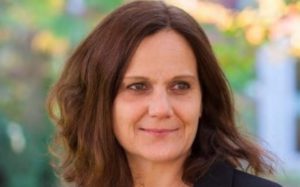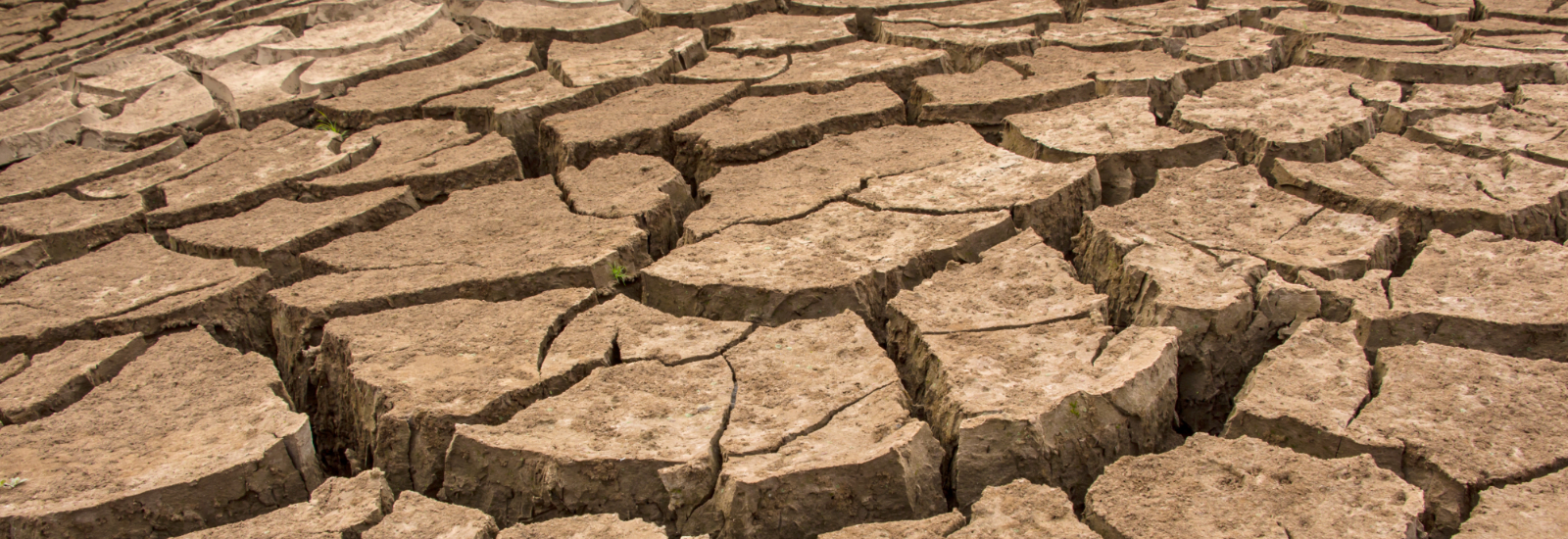CONNECTED speaks to Professor Ros Cornforth, Director of the Walker Institute, about their commitment to shaping a climate-resilient future and their upcoming plans for COP26.
 The Walker Institute, based at the University of Reading, is an interdisciplinary climate research institute supporting the development of climate-resilient societies.
The Walker Institute, based at the University of Reading, is an interdisciplinary climate research institute supporting the development of climate-resilient societies.
Professor Cornforth said: “The overarching aim of the Institute is to use research to enable the development of climate-resilient societies, which are able to adapt in an uncertain, changing world. Key to this is our contribution to a new knowledge base and improving the understanding surrounding climate-resilience.
“We want to make a meaningful difference to people’s lives – through carrying out innovative and novel research that can tackle the complexity of the global challenges now facing society.”
The Institute’s work is having a tangible impact on knowledge, poverty, policy and practice. Professor Cornforth shares with CONNECTED how the Institute are hoping to make an impact at this year’s 26th UN Climate Change Conference of the Parties (COP26), which is taking place between 31 October – 12 November 2021.
Raising awareness
The Institute is involved in several awareness-raising activities in the run-up to COP26, through policy briefings based on case studies and sharing videos on topics such as net zero targets.
“These are designed to add to the voices in the build-up to COP26, to highlight various issues and aspects relating to the climate that need to be addressed,” Professor Cornforth explained.
The Walker Institute and the University of Reading have also worked with Future Learn to create a two-week, free online course called ‘Planet Partners: tackling the climate crisis together’. Professor Cornforth said:
“The impacts of climate change are being felt worldwide and across many areas of life. This course will investigate the impact of climate change, the research being done to tackle it, and what you can do to take meaningful action.
“The course is presented by two University of Reading students and is based on the themes identified by youth delegates who hosted Mock COP26.”
Anyone can sign-up for this free course – find out more or register here.
At COP26
COP26 will be hosted in Glasgow across two sites. The Scottish Events Campus will host the Blue Zone, which is a UN-managed space, bringing together delegations from 197 Parties alongside observer organisations. The Glasgow Science Centre is hosting the Green Zone, which is managed by the UK Government and is a platform for the public to have their voices heard through events that promote dialogue, awareness, education and commitments.
Professor Cornforth shares the Institute’s plans for the Blue Zone: “An exciting milestone this year has been the formal collaboration established between Walker and Microsoft, which helps build our capacity to drive new interdisciplinary research and impact, and better address major global challenges. Together, we will be leading a side event in the UK Pavilion with the support of the UK Government to identify the key challenges for climate adaptation and resilience across the public and private sector, where appropriate technology could make a substantial difference and accelerate progress, particularly in the Global South.
“With our focus being on a call to action rather than more talk, we are delighted that the discussion will be chaired by Andrew Harper, Special Advisor on Climate Action for the United Nations High Commissioner for Refugees, who Walker is working with on developing new approaches to climate risk in the Sahel.
“As part of our new bilateral memorandum of understanding with the African Union Development Agency [AUDA-NEPAD], we will also be co-hosting a side event in the African Union Pavilion that will focus on local approaches to managing the risks, losses, and damages of climate change from the perspective of young people, women and other vulnerable groups. At the heart of the discussions will be AUDA-NEPAD’s recently launched Climate Adaption and Resilience centre based in Cairo, Egypt, which we helped to shape and structure in 2020 drawing on the experience of the Walker Institute.
“In addition, we will be hosting a panel discussion with the Met Office, the University of Exeter and the University of Leeds. The panel will discuss the latest analysis on the global warming trajectory, understanding the climate system response, an assessment of impacts and risks, and challenges to adaptation from change already locked in.
“Finally, we will have a virtual exhibit showcasing University of Reading research, which will also share outcomes of the Climate Education Summit.”
Live reporting from COP26
While the Walker delegation at COP26 will be made up of around ten people, there will be many more participating remotely on the University’s campus, through the COP Climate Action Studio (COP CAS).
Professor Cornforth explained: “COP CAS enables doctoral students to remotely participate in COP26 in real time. This programme is a partnership between the SCENARIO Doctoral Training Centre and the Walker Institute, and is open to SCENARIO doctoral students as well as postgraduate students at the University of Reading.
“During the COP26 period, two students will attend the event and report back to a central studio on campus where the rest of the students are based. The group will attend different sessions remotely, interview key speakers or exhibitors, write blogs and update twitter feeds about their thoughts and experiences. They are supported throughout the process by Walker and the Chair of our Board, Peter Gibbs, a former BBC Weather Forecaster and consummate communicator.”
Continuing the conversation
While naturally the focus is currently on what activity will be taking place during COP26, Professor Cornforth is keen to stress the importance of looking beyond the event. She said:
“At the end of November the Institute will host a ‘what really happened at COP26?’ event, designed to be an insightful debrief of all the activity that took place this year, bringing back the COP CAS students with a number of international delegates and the wider University of Reading community.”
Find out more about the Walker Institute.




